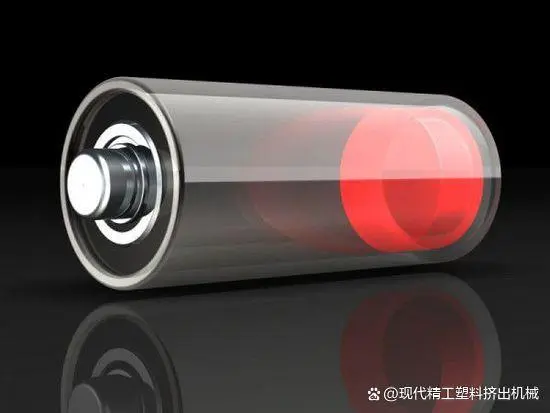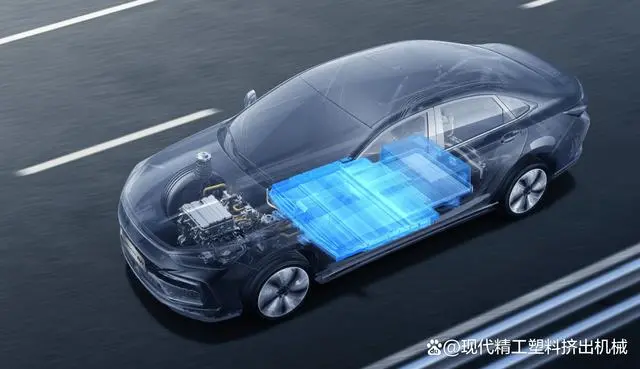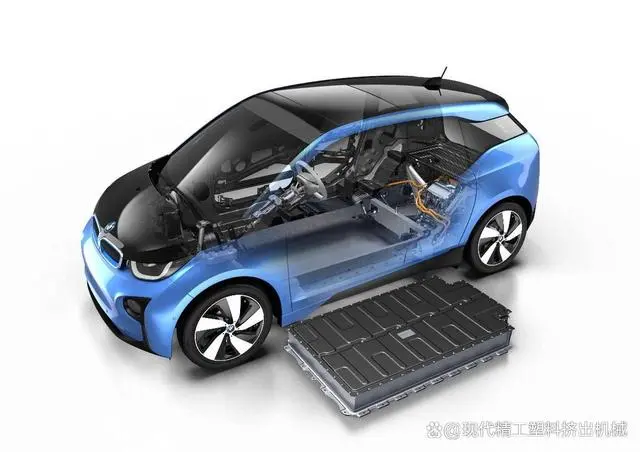Lithium battery development status and future development trendIssuing time:2023-10-09 12:52 Lithium battery is an important battery technology, widely used in electric vehicles, mobile phones, laptops and other fields. With its advantages of high energy density, long cycle life and low self-discharge rate, it has become the mainstream technology in the current battery field. This article will introduce the development status and future development trend of lithium batteries in detail.
First, the development status of lithium batteries Lithium-ion battery Lithium-ion battery is the most mature and widely used lithium battery technology at present. Its positive electrode materials are usually lithium lithium cobaltate, lithium lithium nickelate and lithium lithium ferrite, and the negative electrode materials are graphite or graphene. Lithium-ion batteries have the advantages of high energy density, long cycle life and low self-discharge rate, and have become the battery of choice for most electric vehicles and portable electronic devices. Lithium-sulfur battery Lithium-sulfur batteries are a lithium battery technology with the potential for higher energy density. Its positive electrode is made of sulfur material, and its negative electrode is lithium metal or lithium alloy. The theoretical energy density of lithium-sulfur batteries is much higher than that of lithium-ion batteries, which can reach 500-600Wh/kg, which is more than twice that of lithium-ion batteries. However, lithium-sulfur batteries still have problems such as short cycle life, fast capacity decay, and poor safety, and are still in the research and development stage. Second, the future development trend of lithium batteries Increase energy density Energy density is one of the important indicators to measure the battery performance, which directly affects the battery life and use time. The future development trend of lithium batteries is to improve the energy density of the battery, so that it can meet the higher energy demand of applications, such as electric aircraft and energy storage systems. At present, researchers are exploring new positive and negative electrode materials, such as lithium-silicon alloys, silicon nanoparticles, etc., to improve the energy density of batteries. Prolong cycle life Cycle life refers to how many complete charge and discharge cycles a battery can carry out. The cycle life of lithium batteries is usually between hundreds and thousands of times, which is an important factor affecting their service life and performance stability. The future direction of development is to extend the cycle life of the battery and reduce the attenuation and capacity loss of the battery. Researchers are working on new electrolytes, electrode materials and battery structures to improve battery cycle life. Improve security The safety of lithium batteries has always been an important concern. Lithium batteries in overcharge, overdischarge, high temperature and other conditions may occur thermal runaway and explosion, to people's lives and property pose a threat. The future direction of development is to improve the design and materials of batteries, improve their safety performance, and reduce safety risks. Researchers are working on new electrolytes, electrode materials and safety control systems to improve the safety of lithium batteries. Reduce cost The cost of lithium batteries has always been a factor restricting their wide application. At present, the cost of lithium batteries mainly includes material costs, production costs and recycling costs. The future development direction is to reduce the production cost of lithium batteries, improve production efficiency, so that it can be more widely used in various fields. Researchers are working on new materials, production processes, and recycling technologies to reduce the cost of lithium batteries. In general, the development prospects of lithium batteries are broad, and the future will continue to pursue the goals of higher energy density, longer cycle life, higher safety and lower cost to meet the growing energy demand and environmental protection requirements. The continuous innovation and improvement of lithium battery technology will drive the development of electric vehicles, renewable energy and energy storage systems. (Source: Modern Seiko plastic extrusion machinery) |




